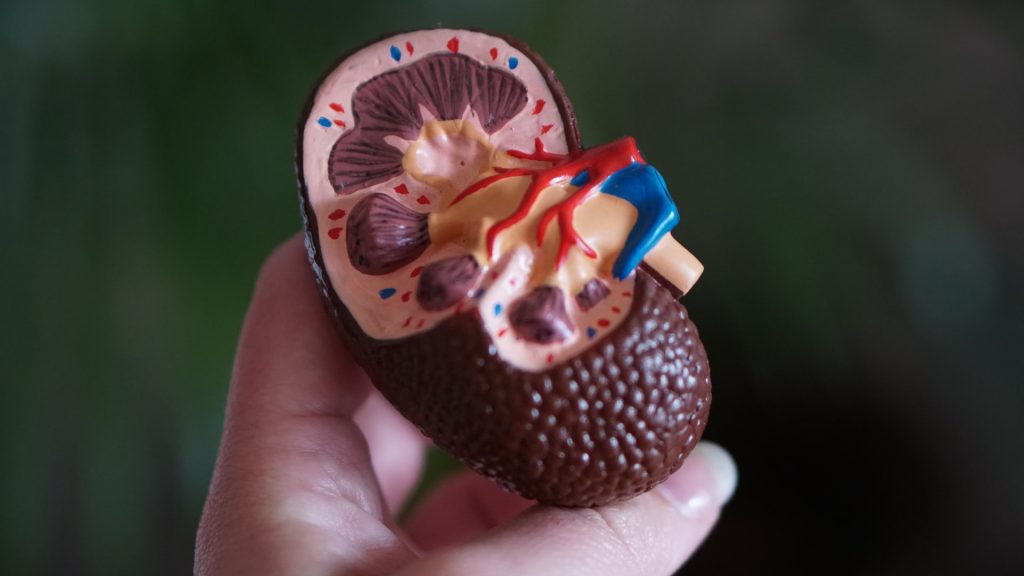
Scientists at Osaka Metropolitan University have challenged the conventional wisdom that low protein intake is essential for kidney disease patients with their recent study on the relationship between protein intake and skeletal muscle mass in kidney transplant recipients. Their findings were published in Clinical Nutrition.
Chronic kidney disease patients are known to have induced sarcopenia due to chronic inflammation, hypercatabolism, decreased nutrient intake, and decreased physical activity associated with impaired kidney function. A successful kidney transplantation is able to correct or improve many of those physiological and metabolic abnormalities, with the transplant recipients increasing skeletal muscle mass after receiving their new kidney. Since excessive protein intake worsens kidney function, it is commonly believed that patients with chronic kidney disease, including kidney transplant recipients, should limit protein intake to protect their kidneys. On the other hand, it has been suggested that severe protein restriction may worsen sarcopenia and adversely affect prognosis.
Since nutrition and exercise therapy are recommended to improve sarcopenia, protein intake is suspected to relate to recovery of skeletal muscle mass after kidney transplantation. However, few studies have examined the relationship between skeletal muscle mass and protein intake in kidney transplant recipients.
In order to fill this knowledge gap, a research group led by Drs Akihiro Kosoku and Tomoaki Iwai, and Professor Junji Uchida at Osaka Metropolitan University followed 64 kidney transplant recipients for 12 months after their procedure. They investigated the relationship between changes in skeletal muscle mass, as measured by bioelectrical impedance analysis, and protein intake from urine sample. The results showed that changes in skeletal muscle mass during this period were positively correlated with protein intake, and that insufficient protein intake resulted in decreased muscle mass.
Drs Iwai and Kosoku commented, “To improve the life expectancy of kidney transplant recipients, further research is needed to clarify the optimal protein intake to prevent either deterioration in kidney function or sarcopenia. We hope that nutritional guidance, including protein intake, will lead to improved life expectancy and prognosis.”
Source: Osaka Metropolitan University

